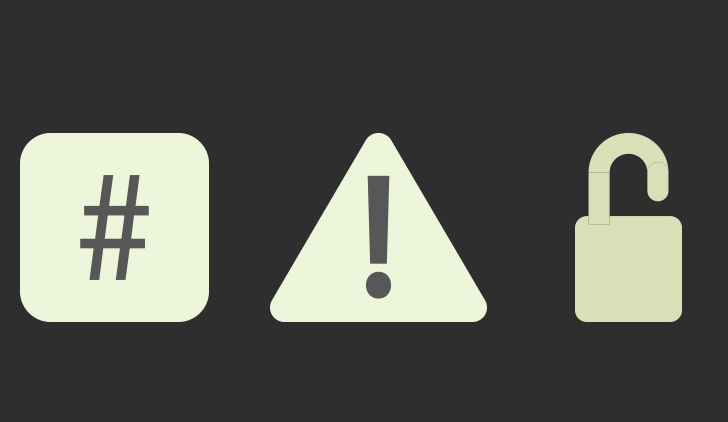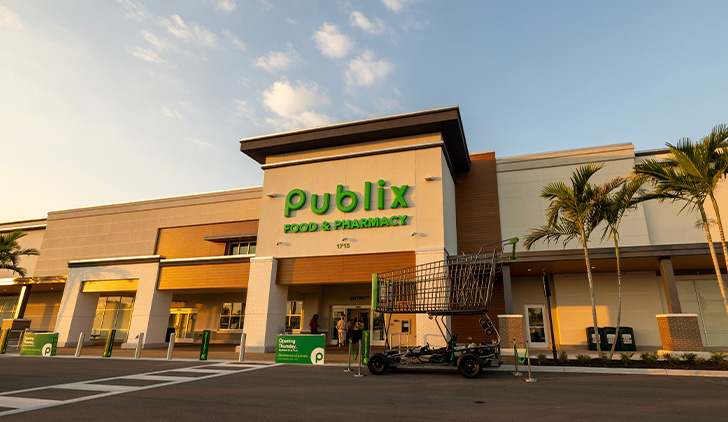
Here are some ways to tell if your personal account has been compromised or hacked and how to secure key accounts and devices.
- There are posts you didn’t make on your social network page. These could be posts that encourage your contacts to click a link or download an app.
- A friend of family member mentions receiving an email from you that you never sent.
- You find out your information may have been compromised in a data breach or malware infection.
Take back your online accounts
- Notify your contacts. They may receive spam messages appearing to come from your account. Tell them not to open or click any links due to potential malware.
- Make sure your security software is up to date and then run a scan to identify any malware.
- Have a unique password for every account to help prevent cybercriminals. At a minimum, make sure your important accounts have the strongest passwords.
- Change passwords to all accounts you believe may have been compromised and other important accounts containing personal or financial information as soon as possible. A strong password is case sensitive, includes at least one special character, one capital letter and is at least eight characters long. Although our corporate password length is 8 characters, best practice is 12-15 characters.
- Consider using a passphrase instead of a password. Passphrases are easier to remember, and to type — and they don’t need to be quite as complex as shorter passwords. The key is picking a phrase with specific meaning to you so it’s easy to remember like a favorite hobby, for example (ILove2Fish4Trout!).
Sources: usatoday.com; The National Cyber Security Alliance (NCSA)


